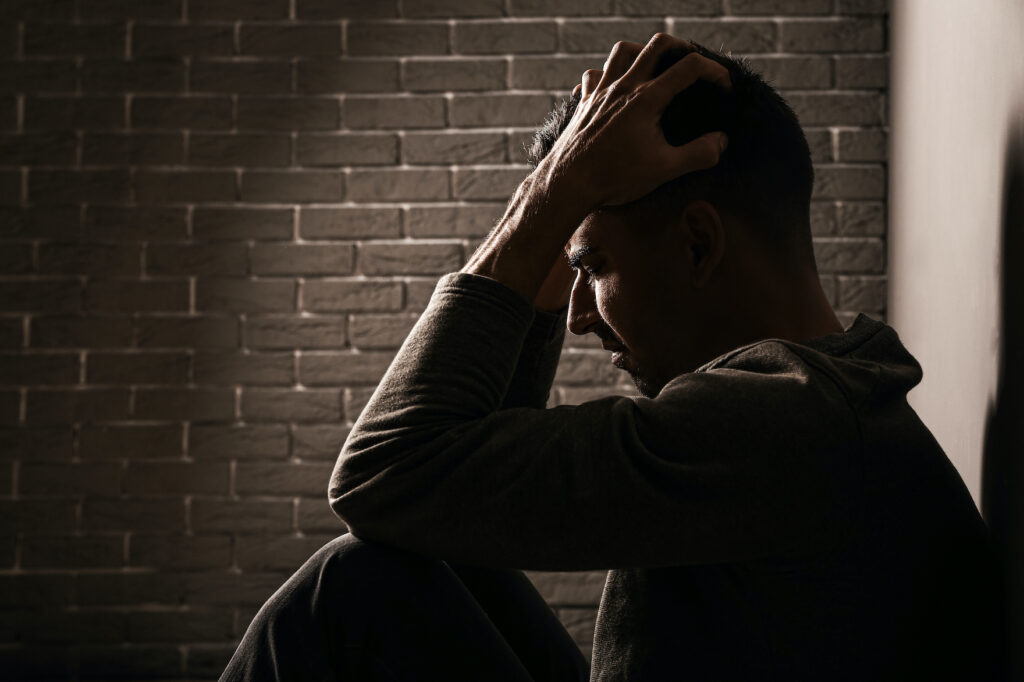We are dedicated to helping individuals facing substance use disorder and mental health issues.
It’s not unusual for individuals with mental health issues to also struggle with substance abuse. This is known as dual diagnosis. National Survey on Drug Use and Health research indicates that 9.5 million adults in the United States have received a dual diagnosis. Sometimes people may use substances to self-medicate and cope when they have a mental illness, but using alcohol, medications or illicit drugs can worsen the situation, and it can lead to drug and alcohol addiction. If you’re dealing with addiction and a co-occurring mental health disorder, dual diagnosis treatment in Morriston, Florida, can help you reach your recovery goals through mental health care.
If you or a loved one need help now please call (888) 995-6013 or click here to have us run a no-cost confidential verification of your benefits so you can get started with treatment today.
We accept the following insurance providers.

People with undiagnosed mental disorders may turn to alcohol or drugs to ease their symptoms. Individuals with anxiety disorders, depression, personality disorders and schizophrenia are at risk of spiraling into addiction when they use these substances. For example, a person with schizophrenia who experiences hallucinations or hears voices may misuse alcohol or drugs to cope with these symptoms instead of using healthy coping skills. Under those circumstances, the substance doesn’t cause the mental disorder, but chronic substance use that leads to addiction points to the need for treatment for both issues. Using substances for symptom relief can worsen mental health disorders.
Individuals with a dual diagnosis may exhibit multiple symptoms. An early sign of co-occurring disorders can be sudden behavior changes. Withdrawing from social situations or avoiding family and friends are more characteristics of dual diagnosis. If you have a mental health issue and are addicted to substances, you may feel out of control and engage in risky behaviors. You may prioritize getting drugs and experience unpleasant withdrawal symptoms as you develop a higher drug tolerance. Along with the signs of drug use, mental health disorders associated with dual diagnosis may cause confusion, difficulty concentrating, suicidal thoughts and unusual mood changes.
While mental health disorders and substance abuse frequently occur together, it’s uncertain whether one causes the other. However, experts suggest that common risk factors contribute to dual diagnosis. Post-traumatic stress disorder caused by domestic violence, exploitation and exposure to natural disasters can cause brain changes, leading to anxiety, depression or other mental health disorders. Living in toxic home environments can lead to stress, anxiety and depression. Left untreated, these conditions can become chronic, and sometimes people turn to drugs or alcohol to help them manage. Individuals with mental health disorders not associated with adverse events may also use substances to self-medicate.

If you have a dual diagnosis, the best practice is to treat both conditions simultaneously. Participating in a rehab program to detox from drug abuse, medications for mental illness, individual, group and family therapy and support groups can help you recover from a co-occurring mental health and addiction issue.
Medically supervised detox helps rid your body of dependence on alcohol or drugs by treating withdrawal symptoms that can interfere with recovery. Aftercare, which prioritizes community support, creates a safety net for remaining substance-free and stable after completing an inpatient rehab program.
Successful treatment in a dual diagnosis program using evidence-based and experiential therapies is within reach. If you or someone you care about suffers from addiction and a mental health disorder, evidence-based treatment at a treatment center can help. Treating co-occurring disorders together is the surest way to help you overcome a substance use disorder and improve your mental health. You need the appropriate treatment for both conditions.
Transformations Mending Fences is among the premier dual diagnosis treatment centers with mental health services administration. Whether you’re dealing with a drug abuse problem and bipolar disorder, borderline personality disorder or another co-occurring disorder, our residential rehab, partial hospitalization and intensive outpatient programs offer integrated, personalized treatment.
The dual diagnosis treatment program at Transformations Mending Fences is prepared to help you improve your mental health while overcoming addiction. We understand the difficulties that come with a mental illness and substance abuse diagnosis and offer substance abuse treatment and residential programs for mental health to help you reach your recovery goals.
During your initial evaluation, we’ll thoroughly assess your needs and strengths and work with you to develop an individualized treatment plan. You can count on us to provide the mental health services and emotional and social support you need to be successful. Your role will be to partner with us on your journey to recovery and better mental health.
Why wait? If you’re struggling with mental health issues or substance abuse in Morriston, Florida, or elsewhere in the state, call us at (888) 995-6013 or complete our online form. Our qualified staff will explain the program and the next steps.